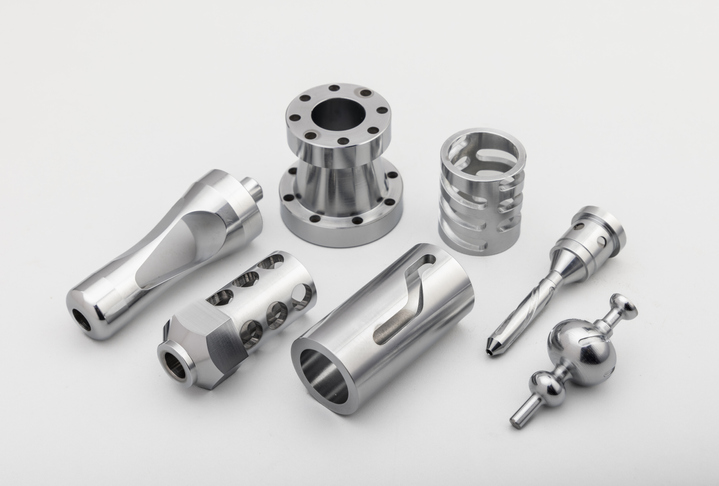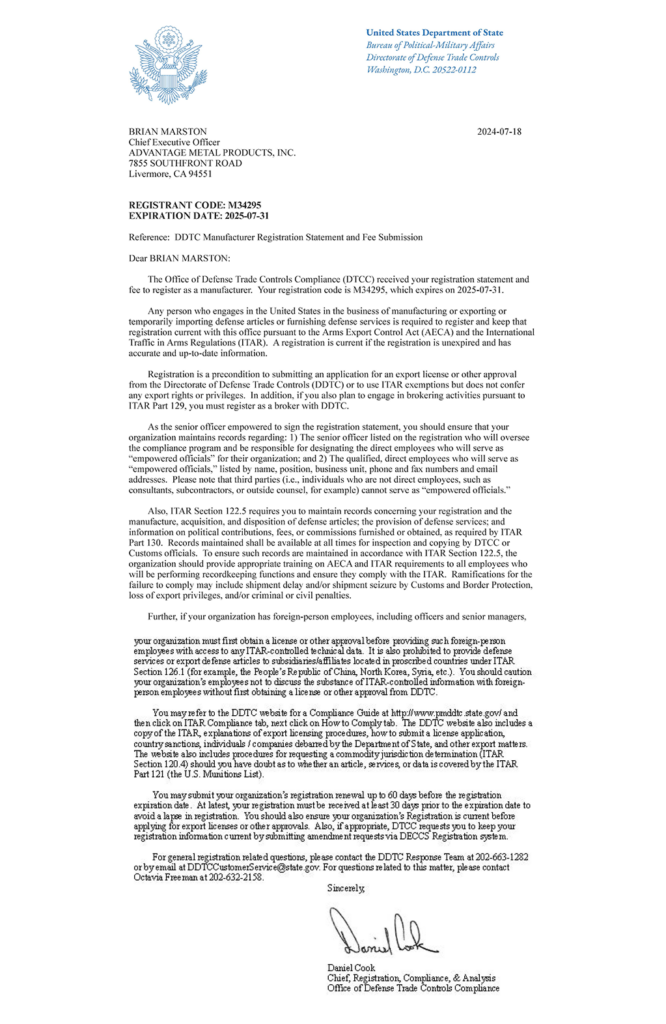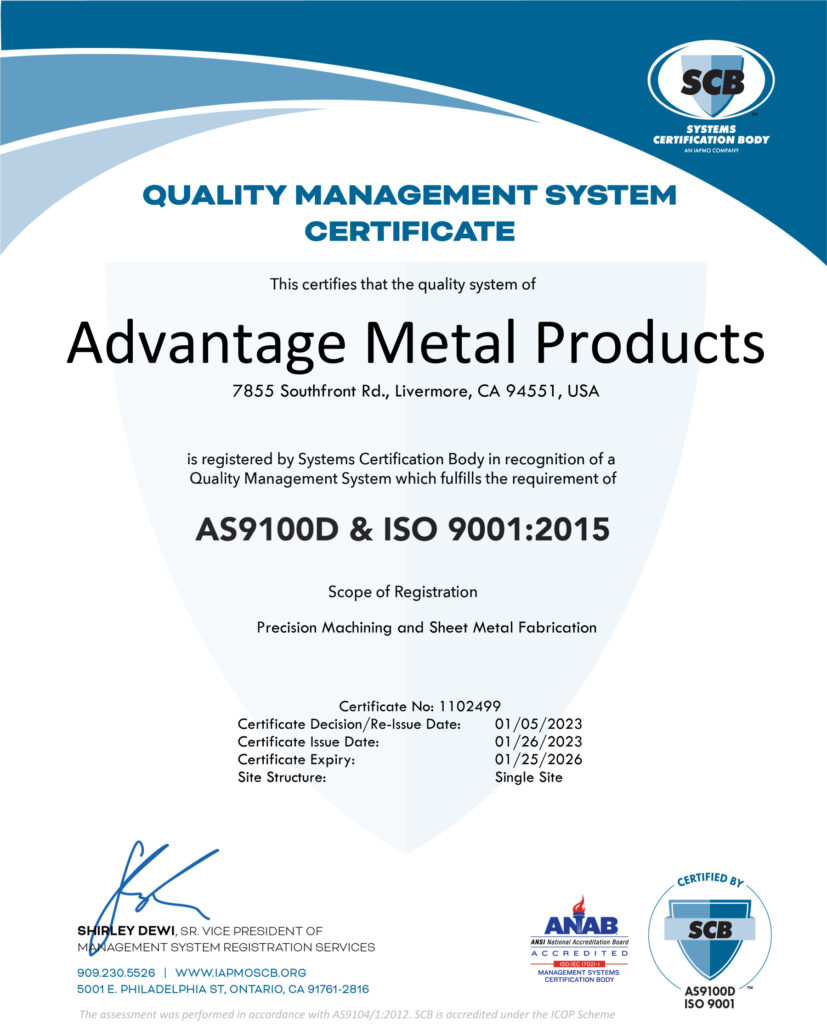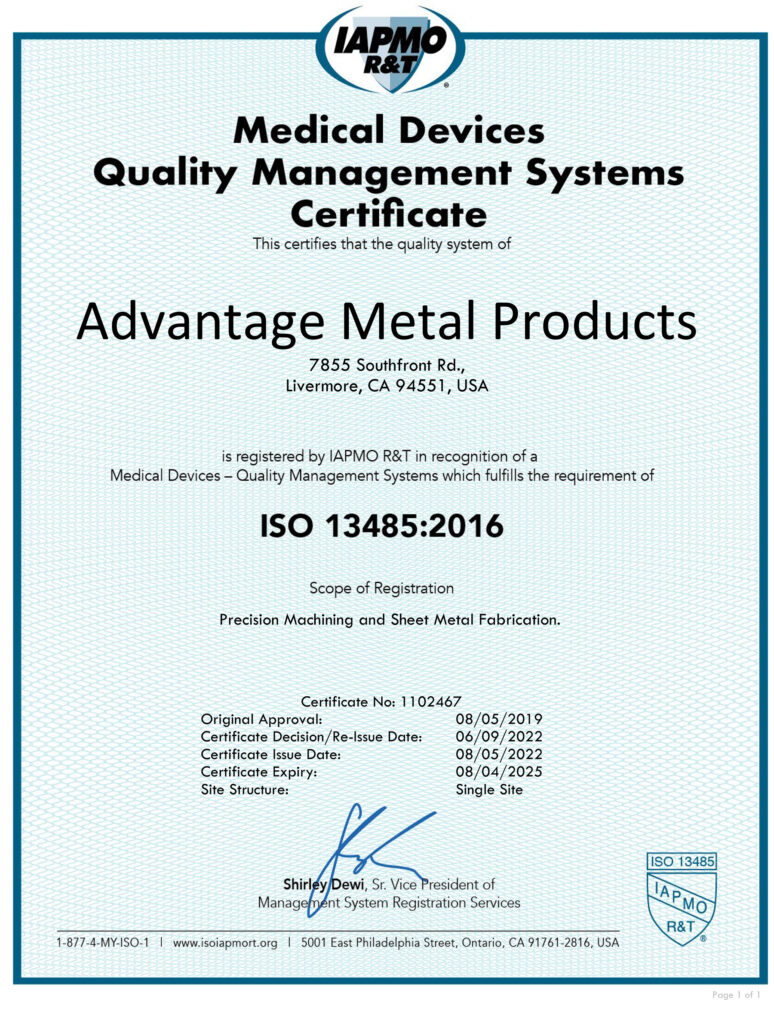
Of all the modern-day manufacturing capabilities that have brought new levels of innovation to businesses across a variety of industries, few have made a bigger impact than precision CNC machining services. CNC machines offer exceptionally high levels of accuracy in manufacturing components and allows for the production of complex parts that would be difficult to create through more traditional methods. But how do you know when CNC machining services are right for your project? Read on to learn more about the process, what you should consider before choosing CNC machining, and which types of parts are best suited to this manufacturing process
An Overview of the Manufacturing Process for Precision CNC Machining Services
Precision CNC machining services utilize computer-controlled machines to manufacture components accurately and repeatedly. As a result, several steps are required to take your part from concept to reality, including (but not necessarily limited to):
-
- Design and Programming: The process begins with a CAD model of the part to be manufactured. When dimensions and geometries have been finalized, the CAD is then converted into a CNC program (usually referred to as G-code), through the use of CAM software. The G-code is the set of instructions for the CNC machine and dictates things like the movement and rotation of the part.
- Material Selection and Preparation: Next, machinists will help you choose the material that best suits the requirements of the part. Once acquired, the raw material is cut to size and secured to the CNC machine’s worktable.
- Machine Setup: Machine setup involves installing the appropriate cutting tools, securing the workpiece, and loading the CNC program. Configuring the machine’s parameters such as tool offsets, workpiece coordinates, and tool change sequences is also important here.
- Tool Path Verification: Before any cutting actually begins, it’s usually best practice to run a toolpath simulation to ensure that the CNC program will produce the desired results. This helps identify potential issues and prevent errors during the actual production process.
- CNC Machining Operations: This is the step in which the CNC machine executes the programmed instructions to perform the various machining operations. This can include milling, turning, and drilling. This is also where tooling changes occur, if they’re needed.
- Quality Control and Inspections: Labeling this as “step 6” is a bit of a misnomer, as quality control measures should be in place throughout every phase of the manufacturing process. But it’s useful to note that most manufacturers use a hybrid approach that utilizes both human inspection and automated control and detection strategies.
- Cleaning and Finishing: After machining is complete, along with any needed secondary processes, it’s time to clean up the part. This is where finishing operations like deburring, polishing, and surface treatments occur.
- Final Inspection: Once everything else is complete, a final inspection will be conducted to verify that the finished part meets customer expectations, and may involve precise measuring equipment to ensure dimensions are accurate.
Parts That Are Well-Suited for CNC Machining… and Some Parts That Aren’t
Now that we’ve covered the process, let’s take a look at the parts that are well-suited for precision CNC machining services, as well as some parts that might benefit more from different methods.
Parts That Are Well-Suited for CNC Machining
Parts that are ideal for precision CNC machining services include those with complex geometries and high precision requirements. CNC machining excels at producing parts with intricate characteristics such as contoured surfaces and pockets. It’s also the perfect manufacturing solution if your parts will require extremely tight tolerances, as the accuracy of CNC machining is nearly unrivaled.
CNC machining is also a cost-effective solution for low- and medium-volume production runs, prototyping, and producing customized parts that are tailored to specific design requirements.
Parts That Are Not Well-Suited to CNC Machining Services
On the other hand, precision CNC machining services may not be the best option if you need large volumes of simple parts, as the cost often does not justify the final results. Parts with extremely thin walls also do not typically do well with CNC machining, as the cutting forces involved could lead to deflection and dimensional inaccuracies.
And finally, if speed is a primary consideration, processes like 3D printing may be able to provide quicker turnarounds for certain applications.
What Should You Consider Before Choosing Precision CNC Machining Services?
With a better understanding of everything that goes into precision CNC machining services, you might be wondering what you should consider before choosing CNC machining for your next project. Obviously, there are a number of factors that go into any manufacturing decision. But in brief, you’ll want to consider things like design optimization, material selection, tolerances and specifications, cost analyses, lead times, supplier reliability, and scalability. All of these and more will help you determine which partner will be the right fit.
Advantage Metal Products Delivers Premier Precision CNC Machining Services
At Advantage Metal Products, we’re a full-service machine shop that has provided sheet metal fabrication, precision CNC machining services, assembly, and NPI manufacturing solutions for a range of industries for more than 30 years. Based in Livermore, CA, we’re a U.S.-owned and operated company that specializes in delivering high-quality metal components for critical applications. And, with our commitment to next-level customer service, we have the capabilities and expertise to handle even the most complex projects from start to finish.
Are you looking for precision CNC machining services from a partner that has you covered? Reach out to our team of experts today to get started.



